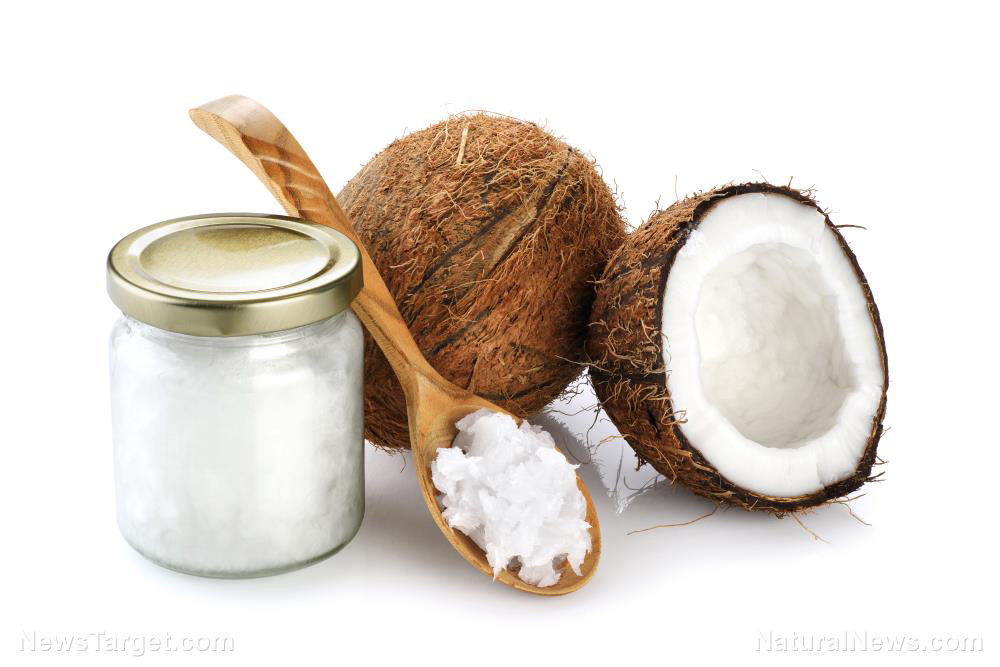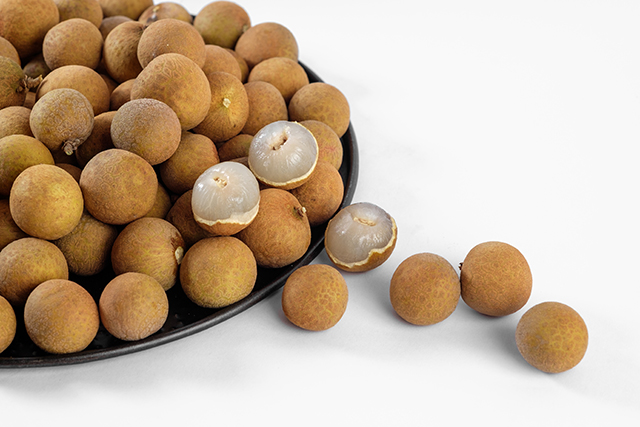What are the health benefits of butter and coconut oil?
05/01/2019 / By Mary Miller

Both butter and coconut oil occasionally get a bad rap in the health community due to their considerable content of saturated fats, but do these food items truly deserve such unpopular reputations? In truth, both foods have their fair share of promising health benefits when consumed in moderation. Here are a few unique ways butter and coconut oil can benefit your body.
Health benefits of coconut oil
A single 14-gram serving of coconut oil may contain around 11.7 g of saturated fats, but it makes up for this with its high content of phytosterols and medium-chain triglycerides (MCTs). These plant-based compounds are responsible for most of the benefits that coconut oil can offer: (Related: Coconut Oil For Health: Healing Common Ailments Naturally With Pure Coconut Oil.)
- Supports cardiovascular health. Research shows that lauric acid and other MCTs make up around 50 percent of the fats found in coconut oil. Fortunately, these are the healthy fats that can support the healthy function of your heart. They can easily be absorbed by your intestine and converted into energy. According to one study, following a diet rich in extra virgin coconut oil can contribute to increased levels of HDL cholesterol or “good” cholesterol, while reducing levels of the “bad” LDL cholesterol.
- Promotes weight loss by burning fat. If you want to lose weight, you might benefit from adding coconut oil to your diet. One study found that the consumption of coconut oil can alleviate stress on the pancreas, which can then increase your body’s metabolic rate and burn energy more efficiently. Coconut oil is also easy to digest, and supports the healthy functions of your thyroid and endocrine system.
- Helps prevent and manage diabetes. Some animal studies have shown that coconut oil may contribute to insulin sensitivity and production. Pure coconut oil can be useful in managing blood sugar levels, and even improve the efficient utilization of blood glucose.
Health benefits of butter
If you want to maximize the potential health benefits that butter can provide, make sure to choose only unsalted butter that comes from grass-fed cows. Furthermore, you should always opt for homemade butter over store-bought brands. Here are some of the ways consuming butter can benefit your body:
Mother Nature's micronutrient secret: Organic Broccoli Sprout Capsules now available, delivering 280mg of high-density nutrition, including the extraordinary "sulforaphane" and "glucosinolate" nutrients found only in cruciferous healing foods. Every lot laboratory tested. See availability here.
- Boosts your immune system. Butter contains high levels of arachidonic acid. This highly unsaturated acid is important for your overall health and the proper function of your immune system. Additionally, natural butter is loaded with beta-carotene and other antioxidants. These powerful antioxidants can strengthen your immune system and facilitate its normal functions. They can even protect your body from oxidative stress.
- Reduces inflammation in the intestine. Butter can support a healthy gut with the considerable amounts of butyric acid and glycosphingolipids it contains. For people with Crohn’s disease, the butyric acid in butter can help to alleviate swelling in the intestines. Meanwhile, glycosphingolipids are a special type of fatty acid that can support the production of mucus layers along your intestinal membrane. This gives your gut an extra layer of protection against several gastrointestinal conditions.
- Improves your thyroid health. When you consume beta-carotene, your body converts it into vitamin A. As long as your thyroid gland gets enough vitamin A, it can secrete and regulate the right amount of hormones in your body.
Both coconut oil and butter can be healthy additions to a well-balanced diet if consumed in moderation. You don’t have to eat these food items everyday, but an occasional serving of coconut oil or butter certainly wouldn’t hurt.
Visit Food.news to find out more about the health benefits of butter, coconut oil and other food items.
Sources include:
Tagged Under: antioxidants, arachidonic acid, butter, cardiovascular health, coconut oil, diabetes prevention, food as medicine, food cures, functional food, good nutrition, gut health, health benefits, immune system, MCTs, medium-chain triglycerides, nutrients, Reduce Inflammation, remedies, slender, weight loss



















